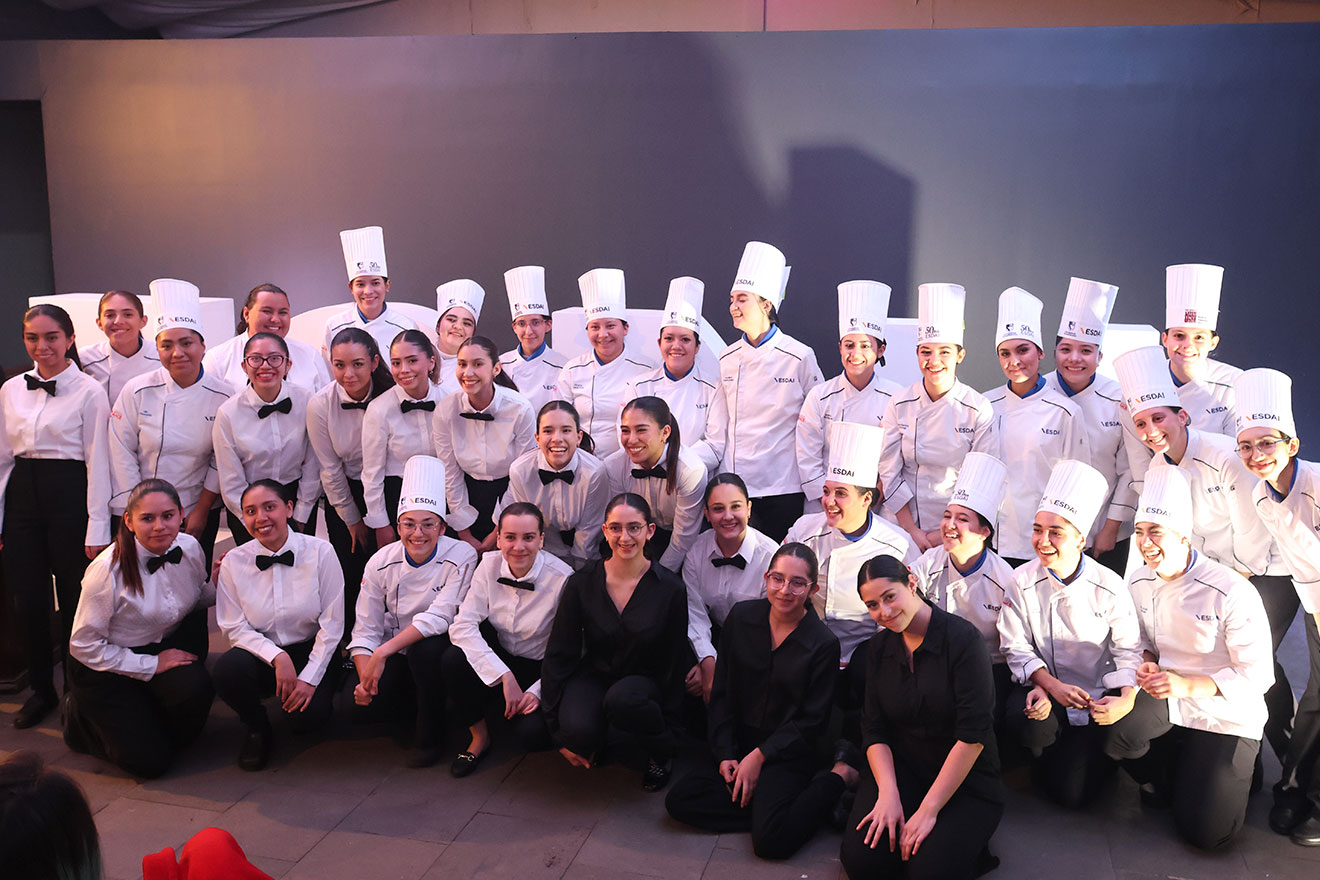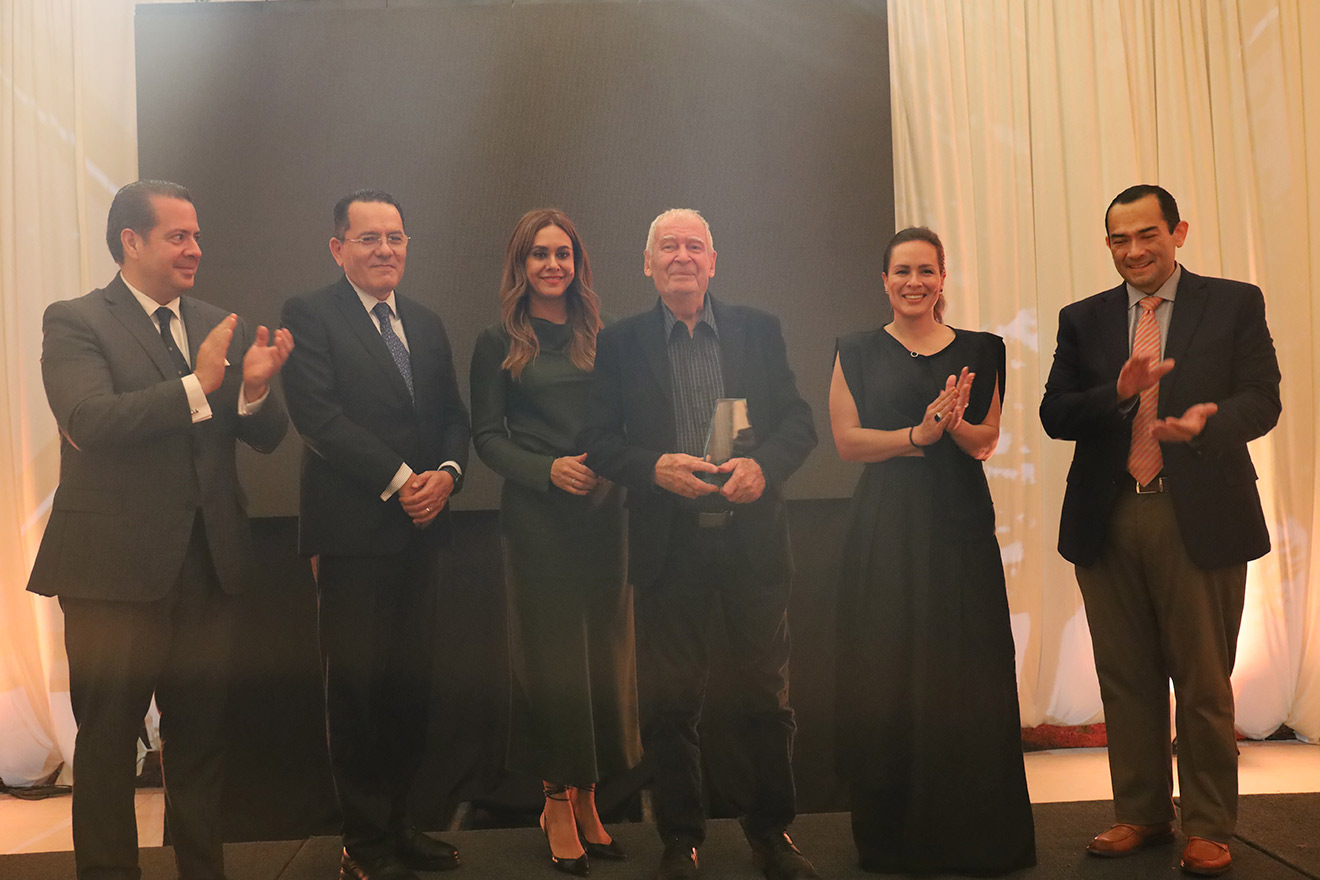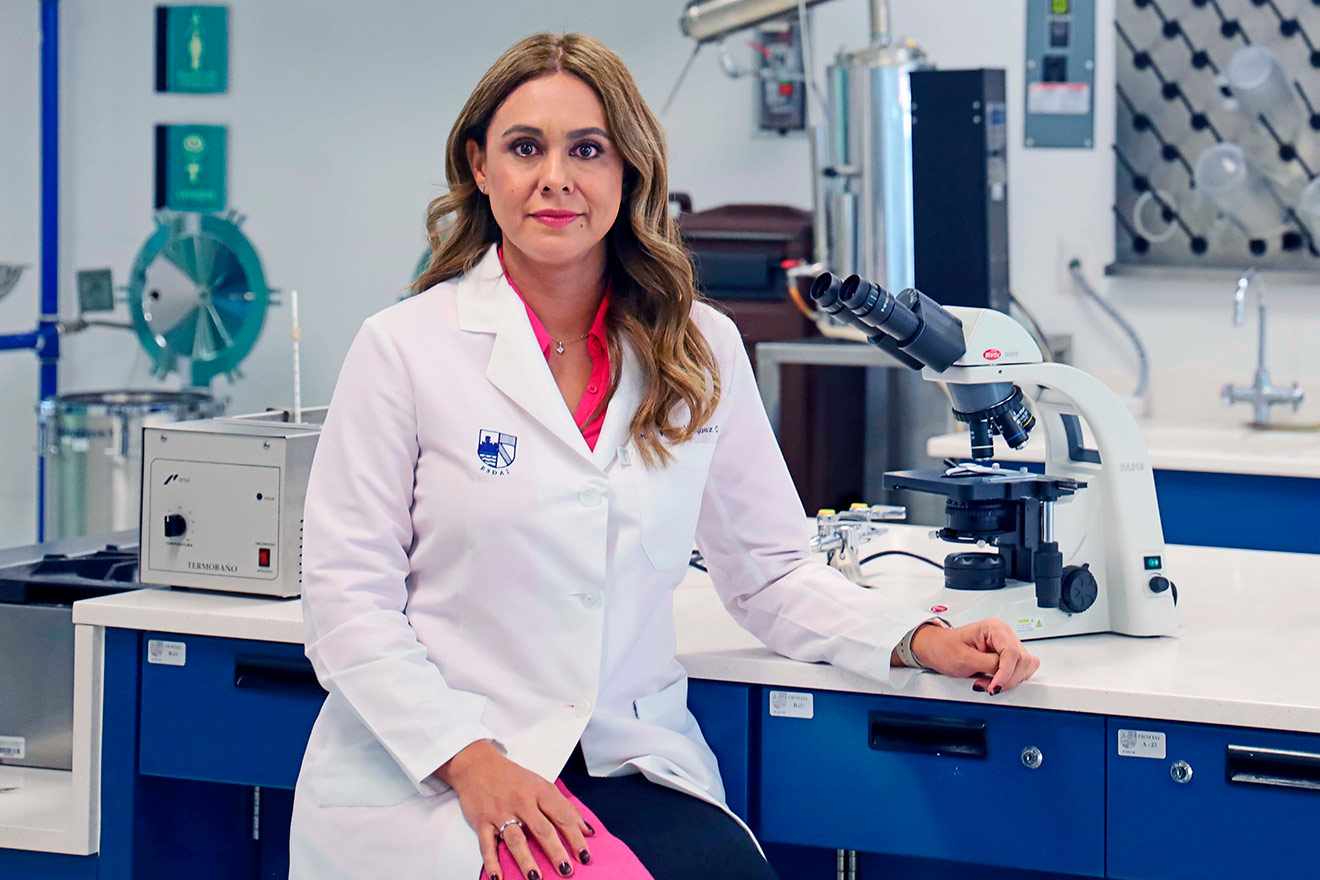Mexico City, November 9th, 2023.- The ESDAI School of Hospitality of the Universidad Panamericanalaunched its new bachelor's degree in Gastronomic Business in Gastronomic Business Management, a unique and cutting-edge program that seeks to trainThis unique and cutting-edge program seeks to train professionals in the industry in both culinary and technological aspects, as well as in business, fostering innovation, entrepreneurship and leadership skills.
The presentation was attended by Dr. Fernanda Llergo Bay, General Rector of UP and IPADE; Dr. Santiago García Álvarez, Rector of campus Mexico; Dr. Héctor Ramírez Pérez, Vice Rector of campus Mexico; Ms. Cecilia Canal Garrido, Vice Rector of campus Mexico and Ms. Amelia García Casas, Director of the School of Hospitality. ESDAI.
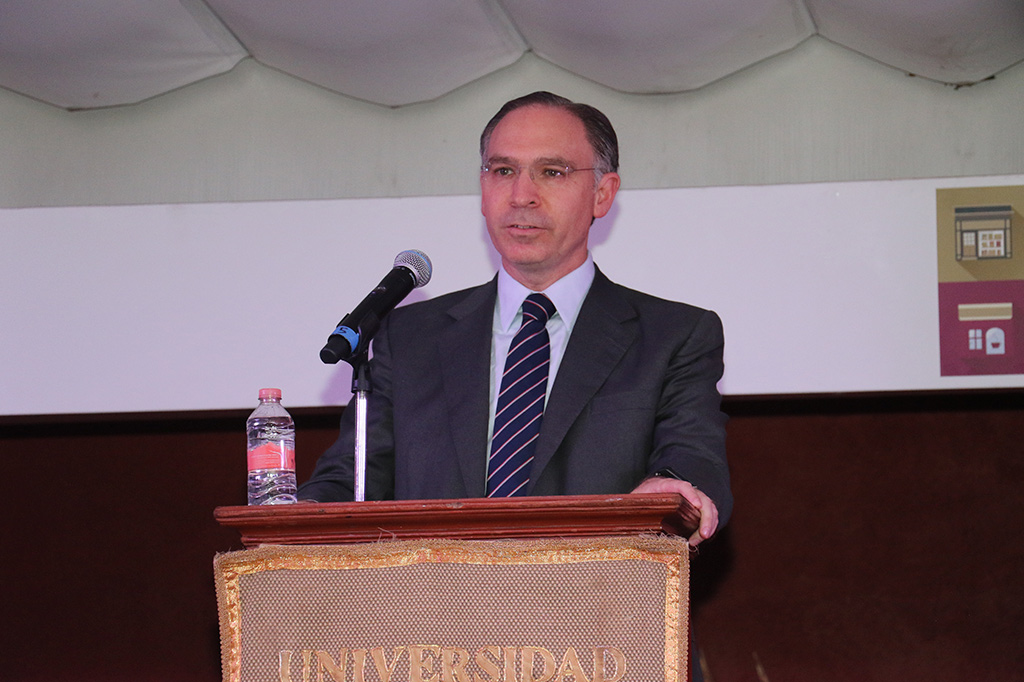
Gastronomic Businesses
Dr. Llergo explained that the degree program presented here began at the Panamericana campus in Aguascalientes with a good number of students who, today, are well positioned graduates in the industry. She indicated that the same degree, 10 years later, was inaugurated on the Guadalajara campus and now, by 2024, it will be on the Mexico City campus .
He specified that it "is very complete. To differentiate between the two careers that are now under the shelter of ESDAI, the School of Hospitality has as its backbone the service to the person (...); while the backbone of Gastronomic Business is food and everything that can be done from there: direction, management, work in the industry (...)".
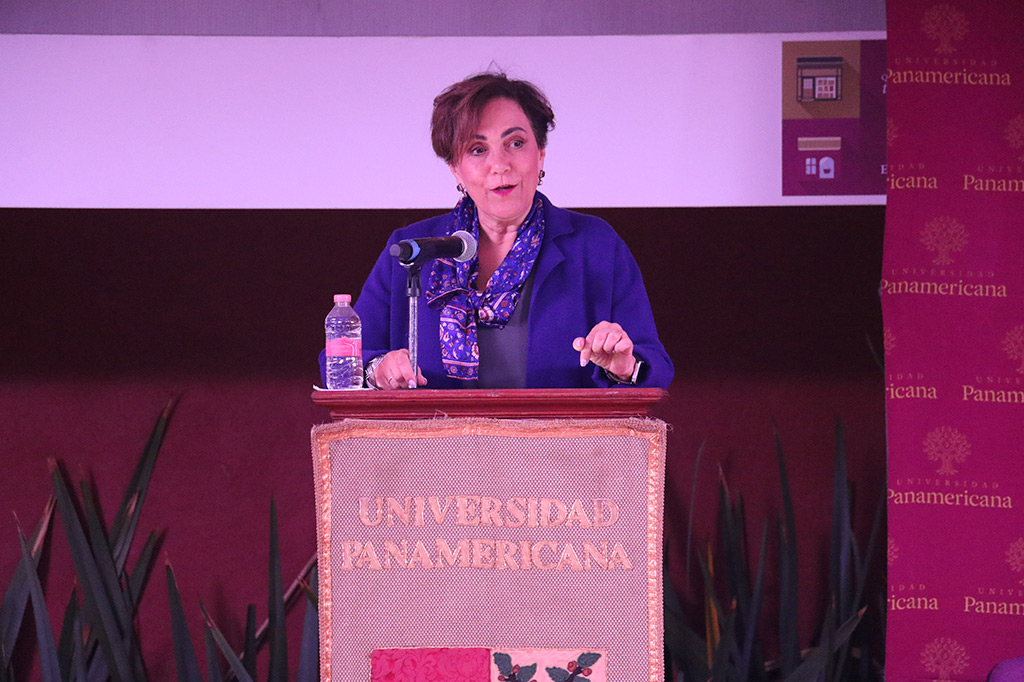
Dr. García Álvarez went on to say: "(...) From a gastronomic perspective, all that Mexico and Latin America have in terms of opportunities, despite the difficulties, is much greater than the challenges that may arise. Therefore, a country with such a gastronomic vocation as Mexico, makes us think that this degree in Gastronomic Business will be highly competitive".
Needs from an integral perspective
During the event, the following panel was held The food industry: needs from an integral perspectiveGermán González Bernal, president of CANIRAC; Gabriela Tiburcio, director of quality for Mexico at Alsea and chef Vicente Torres, with Ms. García Casas as moderator.
Speaking about the skills required to move food and beverage businesses forward, Vicente Torres said that what is most needed today is for people to be well prepared: "passion and commitment are not enough; basic knowledge is fundamental.
"Forty years ago, when I started in the industry, knowledge was very limited because it was not within everyone's reach, and the fact that people have the opportunity to have a career like this one gives them an advantage that is very positive not only for them, but also for the employers who will hire them," he added.
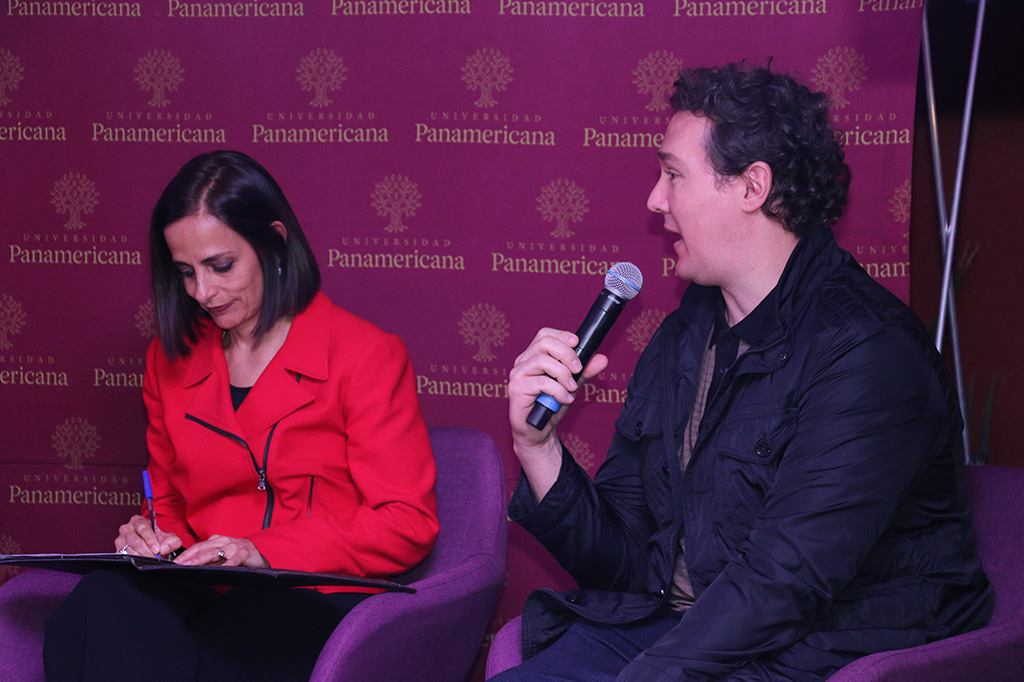
Regarding the business model required for the industry, Germán González pointed out that it is important to take into account different factors: "the restaurant concept has been transformed and obviously you have to adapt to that customer who tells you where, when and how he wants to eat; and that implies an absolute change of mentality".
He also stated: "Today, when you think about a restaurant, you have to think about what is going to be consumed outside the restaurant (...) the home service business and what is consumed outside represents an impressive challenge".
As a third factor to consider, he said: "We are an industry that employs a lot of people, 2.1 million people work in it directly, plus indirectly, and that implies many challenges (...). The future leaders who manage this industry have to be very good managers, they have to be productive, efficient, know about numbers and demographics".
Regarding the sustainability needs that need to be resolved within the industry, Gabriela Tiburcio explained that a sustainable food system "requires a perfect balance between different elements".
Among these components, he listed food safety and wholesomeness, as well as balanced nutrition, all without detriment to the environment and without harming social welfare.
In addition, in his opinion, the elements that most impact the food industry today are: 1) responsible supply chain; 2) food safety; 3) sustainable packaging; 4) energy regulation; 5) minimization or eradication of food loss and waste .
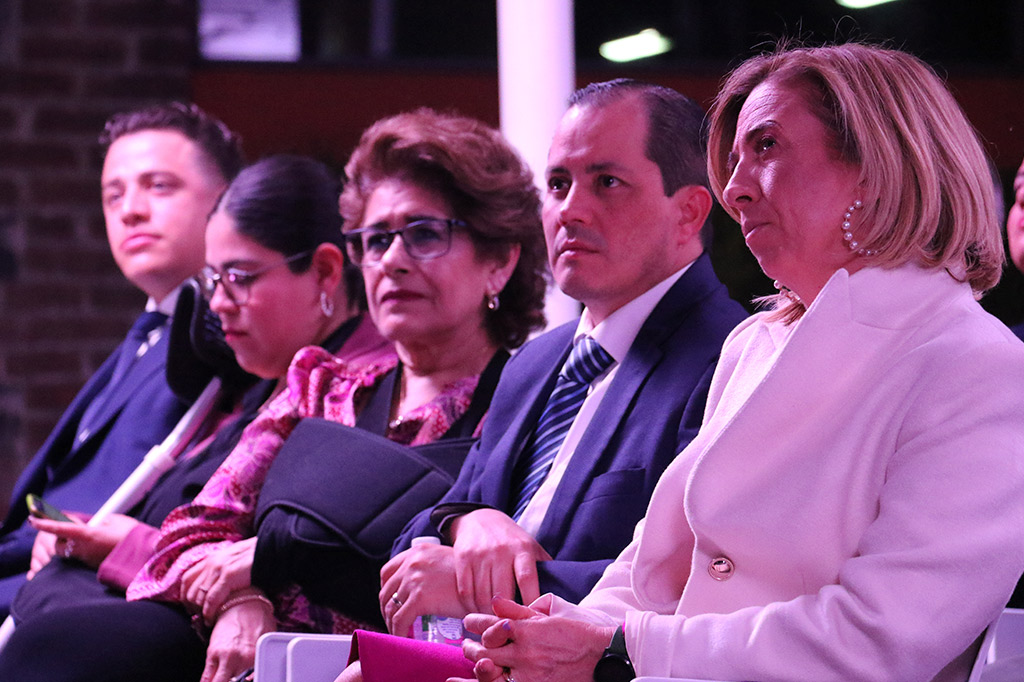
Sustainable food
Subsequently, Alejandra Lizárraga Peña, Consultant in Food and Sustainable Food Systems, gave a presentation on the following topics Sustainable food: from challenges to innovation.
He explained that a sustainable diet is a set of patterns that we are all going to consume and that will lead our food to generate less environmental impact and have a greater availability of nutrients, "a sustainable diet not only seeks human health, it seeks that all the elements of the planet are united and all are healthy," he said.
"Generating young people to be interested (in food sustainability) and to be responsible about the waste they are going to generate through their profession is going to make all the difference in the restaurant industry," he opined.
Thus, he stated that the solution is to innovate by reimagining: "It is not a matter of eliminating everything that exists to make something new, it is a matter of rescuing what already exists and that can help us to generate new things".
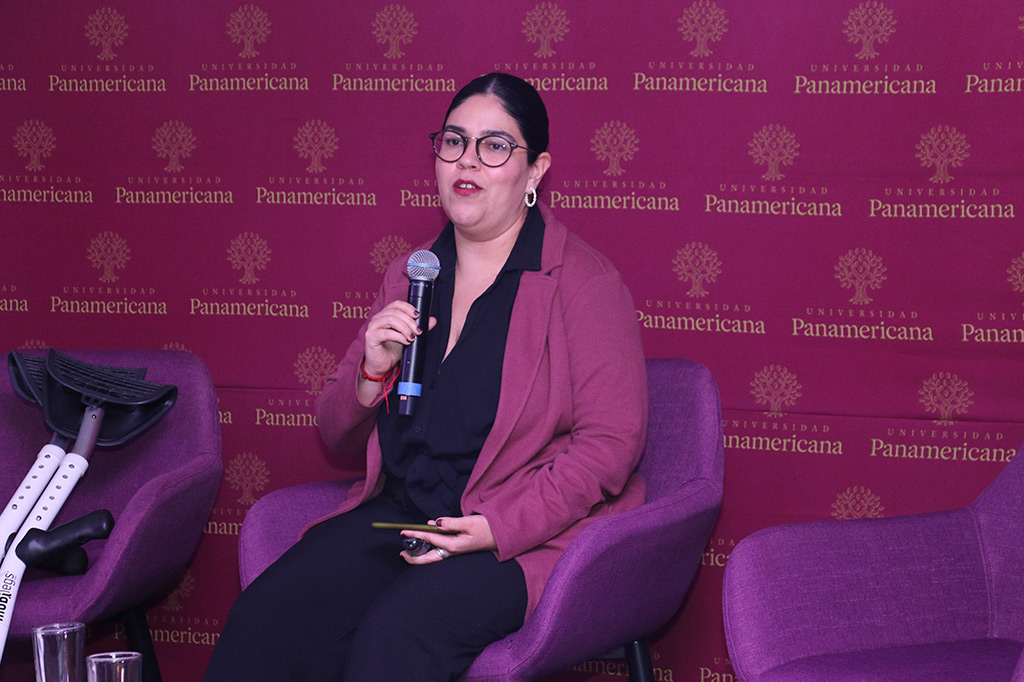
Learn more about the Gastronomic Business Management degree program here: https://www.up.edu.mx/educacion-esdai-oferta-academica-licenciatura-en-direccion-de-negocios-gastronomicos-cdmx/



